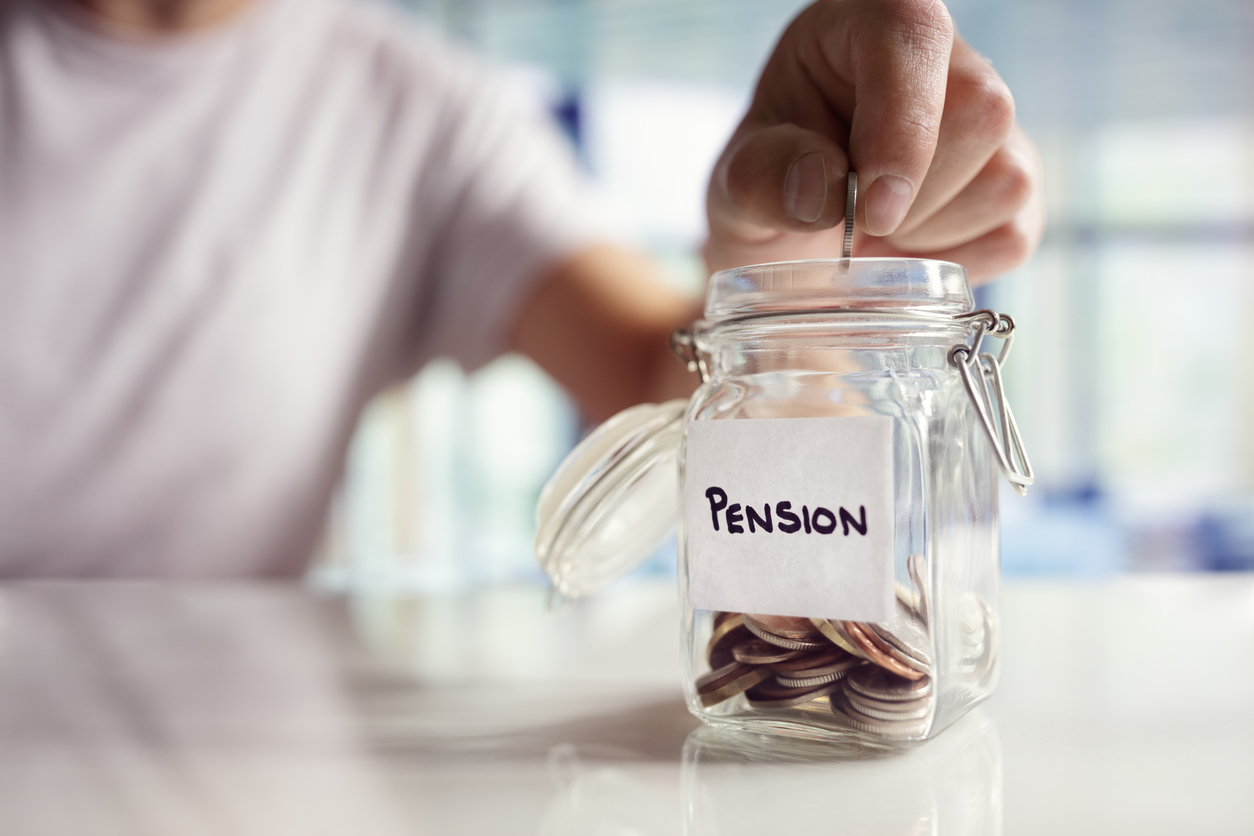A tweet with a little financial advice went viral this week when it claimed “by 35, you should have twice your salary saved, according to retirement experts”.
By 35, you should have twice your salary saved, according to retirement experts: https://t.co/QoVA6EFpHJ
— MarketWatch (@MarketWatch) May 12, 2018
The Money Milestones feature on marketwatch.com, a financial website, became the subject of ridicule when it cited expert claims from Boston-based investment firm Fidelity Investments that by 30 “you should have a decent chunk of change saved for your future self” and that by 35, you should have twice your salary.
https://twitter.com/sbmeunier/status/996487798512332800
https://twitter.com/theurbanologist/status/996364281947049986
By the age of 35, you should have killed two baby boomers and fashioned their dried hides into a coat to keep you warm in winter when you can't afford the heating.
— gal galoch (@antifatwa) May 15, 2018





